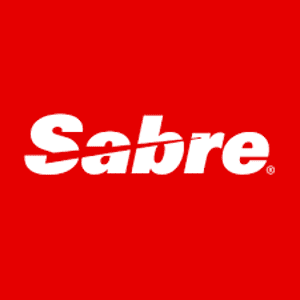 Reminiscing on the initial panic in early March as COVID-19 was declared a pandemic, many travelers with standing reservations endured horrible customer experiences as they tried to cancel for a full refund or get some form of credit. Those sentiments might outlast the virus itself and will influence which channels customers select once travel resumes in earnest.
Reminiscing on the initial panic in early March as COVID-19 was declared a pandemic, many travelers with standing reservations endured horrible customer experiences as they tried to cancel for a full refund or get some form of credit. Those sentiments might outlast the virus itself and will influence which channels customers select once travel resumes in earnest.
From my own accounts, I can vividly recall the dastardly annoying slog of trying to get the airfare shifted for a tradeshow that was postponed, which I had booked through a third-party online travel website (that will remain unnamed) only because it was easier than going through multiple websites for each leg of the trip. Not only were refunds not permitted on this OTA, but the crediting system was absolutely miserable – hotline constantly busy and the website portal got stuck every time I tried to process the change request.
Never again will I book any flight through a third-party. I’d rather spend an extra half hour going through all the airlines’ direct websites just for the guarantee of being treated properly in case of any other type of black swan like the coronavirus.
As it concerns any hotel website, one mantra I like to apply to these situations is, ‘the more personal, the more universal’. That is, if I went through this torture, then numerous other travelers did as well. And like me, many remain pissed off at the OTAs so much so that it will influence how we book in the future.
Knowing that this might be yet one more emerging behavioral shift following the outbreak, the next part is in positioning your hotel appropriately.
First off is to have a very clear and concise cancellation policy. This may require some tweaks to the nonrefundable best available rate for each room category, but it is nevertheless worthwhile to state this clearly on your website and booking engine instead of trying to bury it.
Along these lines, one of the reasons for my foul mood was the waiting, so a prudent hotelier would work to dispel any such anxiety by also clearly stating that calling or emailing the hotel gives a guest direct access to a live reservationist who can complete any refund or credit on the spot.
In order to offer such a service, though, hotels must ensure they have adequate phone coverage – for which a hotel-oriented call center can work as an outsourced operation – as well as seamless back-end coordination for any requests coming through email, text and all social channels.
Moving away from defensive measures, with those many distasteful experiences and customers looking for new channels through which to complete reservations, now is the time to double-down on the benefits of booking direct. Be it access to complementary perks like a same-day room upgrade when available for an in-room arrival amenity for all returning guests, such loyalty rewards must be fully exploited during this great shuffle.
Treat it as a creative exercise with your front office team to see what fun perks you can come up. Aside from the lack of commissions, one of the top advantages of having guests come to you directly is that you have more pervasive data in your CRM or PMS, meaning in this case that you can even A/B test different free amenities to see which ones convert more frequently or result in more upsells. Best to use this downtime to align your offers and the underlying systems so you are ready when we collcollectively have an appetite for traveling again.



















